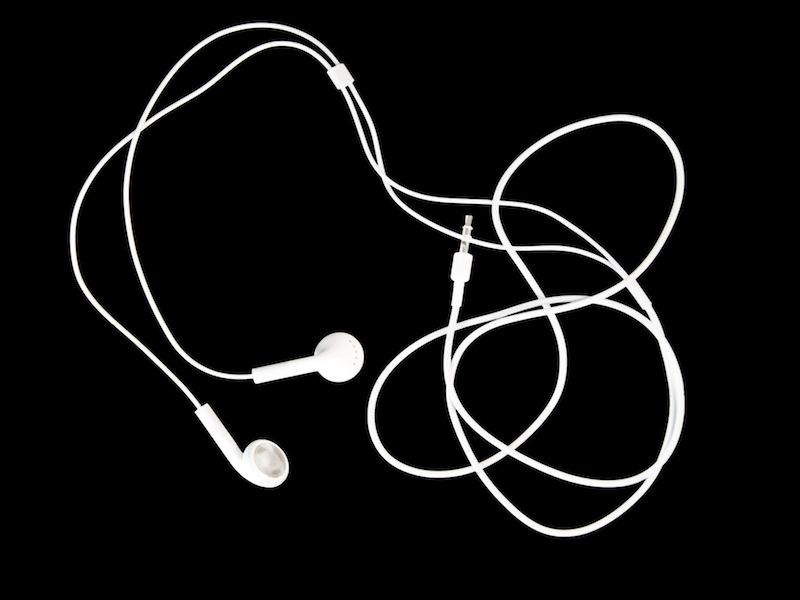
You don’t need to feel like your alone if you haven’t had a hearing test since you were a kid. Sadly, we have a habit of treating hearing loss reactively rather than proactively, and a normal adult checkup usually doesn’t include a hearing test. As a matter of fact, even when they realize they have loss of hearing, most people neglect it for as many as seven years which can seriously impact your health. As a matter of fact, untreated loss of hearing has been shown to increase your healthcare costs in the long run.
The good news, In order for our hearing experts to help you, we suggest a hearing exam which is simple, painless and offers a wide range of information. Both to find out if interventions like hearing aids are helping you and also for diagnosing potential hearing issues. When you were a child, you may remember the audiometry test from school, but a full hearing test will give you a clearer understanding of your hearing without a sticker or a lollipop.
It’s important that you routinely get your hearing tested even though you may not typically give your hearing as much consideration as your teeth or eyes. It can be a considerable time before you notice that there is a problem with your hearing. Because hearing loss commonly takes place slowly over time it’s not easy to detect it at first, but the sooner you can, the more likely you will be able to effectively treat it.
When Should You Get Tested?
All infants should be tested for hearing loss, and normally, the hospital takes care of that before they are released. Teenagers should be screened during regular exams with their doctors and children should get formal hearing assessments at the ages of 4, 5, 6, 8 and 10 years old according to The American Academy of Pediatrics.
It’s suggested that if you are in between the ages of 18 and 49, you get your hearing checked every five years and then, as you get older, more frequently. After you turn 60 you should get checked every two years and if you are in between 46 and 60 every three years. But you might need to get tested more frequently. The regularity with which you should get checked will really depend on your individual situation. You should have your hearing checked immediately if you find that it isn’t as good as it used to be. Neglected hearing loss has been associated with mental decline, depression and increased risk of falling and other health problems. It can also influence your relationships and your ability to do work effectively.
There are also circumstances in which you should have a hearing exam as soon as possible to address hearing loss that could get worse. An immediate hearing test is advisable if:
- You find yourself having to constantly ask people to repeat themselves
- Conversations are difficult to hear when you are in a crowded area especially
- You are experiencing vertigo
- You are experiencing a constant ringing in your ears
- There is earwax buildup or you had an ear infection
- It is difficult to pinpoint where sounds are coming from
Another consideration is whether you are at a higher risk for hearing loss. You should get your hearing examined more often, for example, if you are subjected to loud noise or if loss of hearing runs in your family.
There are also more than 200 ototoxic medicines. These drugs can be extremely harmful for your hearing and they range from certain antibiotics to aspirin. Check with your doctor to make sure any medicines you are taking aren’t impacting your hearing. Consider having your hearing tested more frequently in order to address any hearing loss immediately if you are using any ototoxic medications.
Also, think about how your habits may be impacting your hearing loss. Frequently using your earbuds? Hearing loss has substantially increased in younger people, and many experts believe that this is because of the use of headphones and earbuds. shows, loud concerts, and machinery can also do considerable harm to your ears. If you feel that it’s time for you to have your hearing examined, schedule an appointment today.
